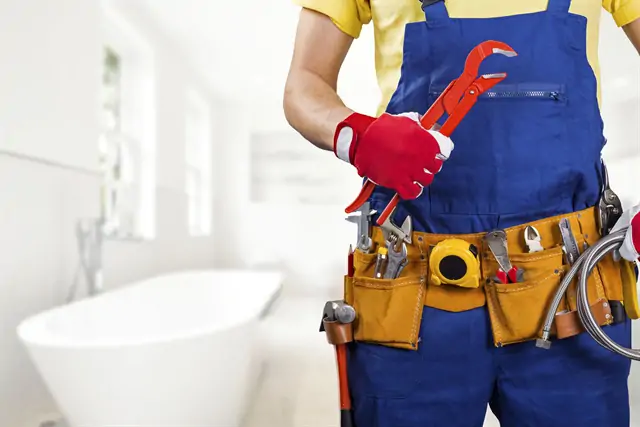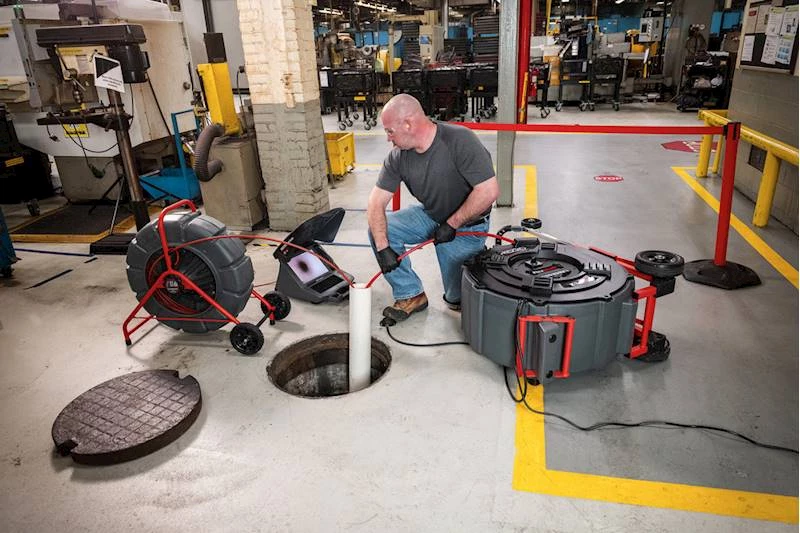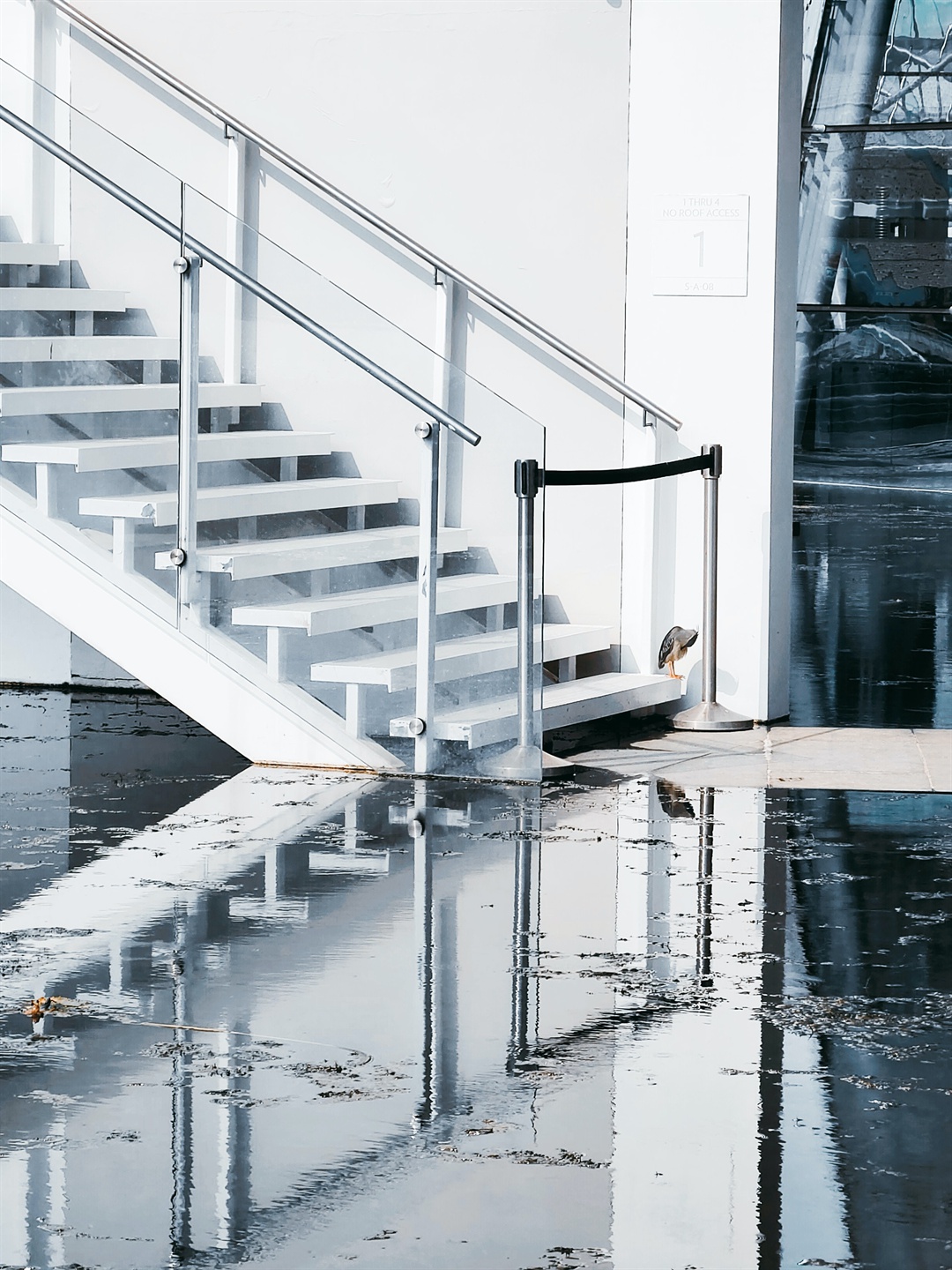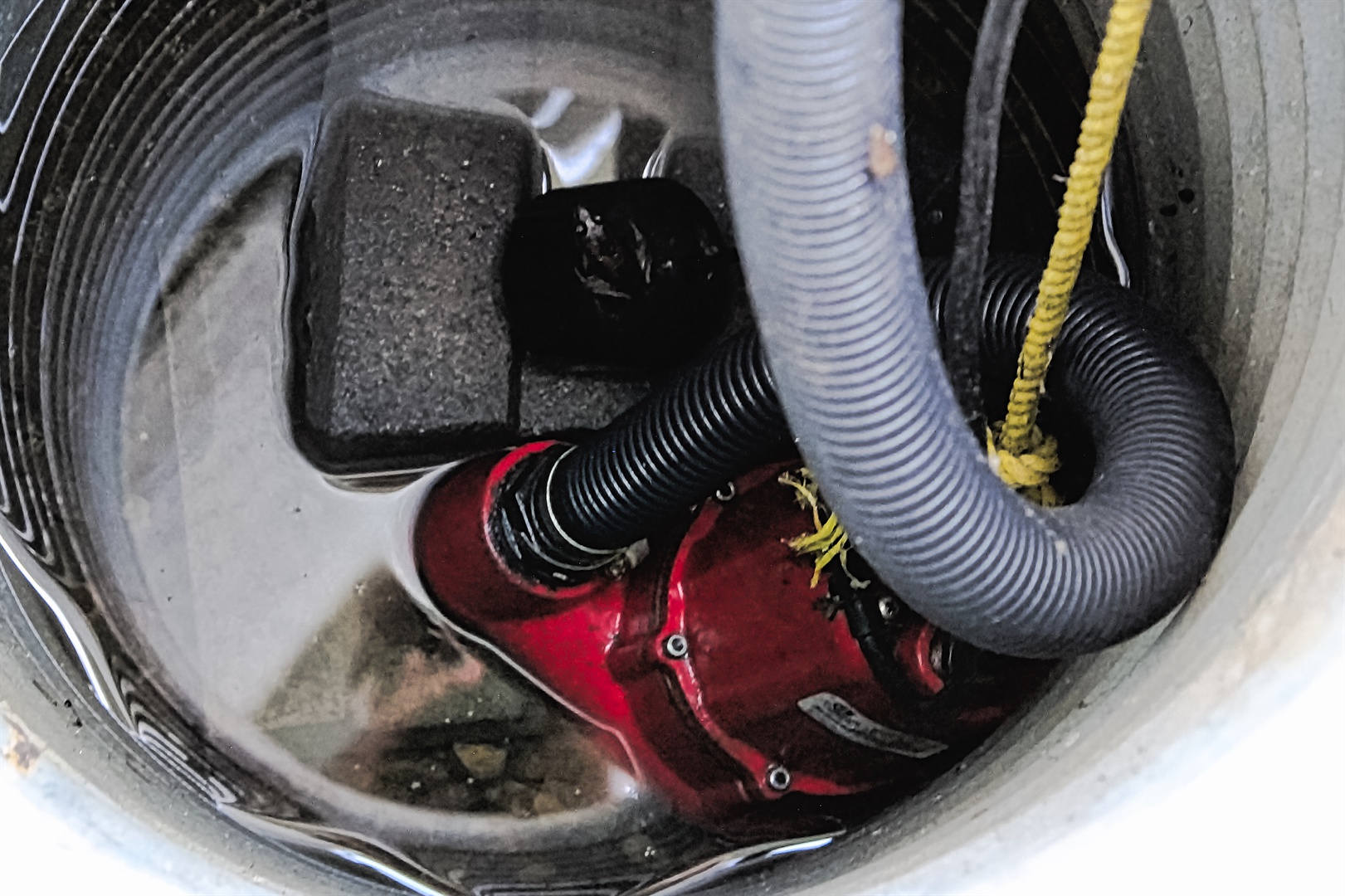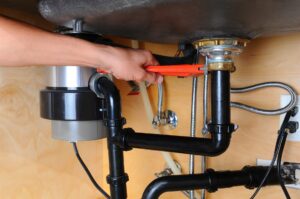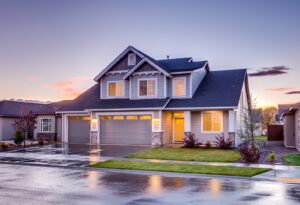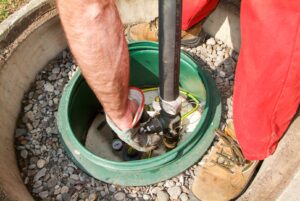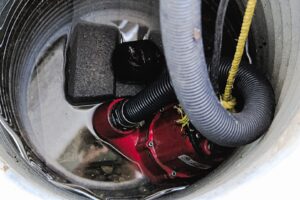Summer is here, and your plumbing needs attention. As temperatures rise, plumbing systems face unique challenges that can lead to significant issues if not properly addressed. Ignoring these challenges can result in unexpected plumbing problems, which are not only inconvenient but can also be quite costly to repair. This is why summer plumbing maintenance is crucial. It ensures that your entire plumbing system runs smoothly, preventing the need for emergency repairs and maintaining the comfort of your home.
Hot weather affects your plumbing in several ways. High temperatures cause pipes to expand and contract, which can weaken joints and eventually lead to leaks. Additionally, the heat can negatively impact water quality by fostering the growth of bacteria in standing water. Regular plumbing maintenance helps mitigate these risks by keeping an eye on pipe integrity and ensuring your water remains clean and safe for use.
contents
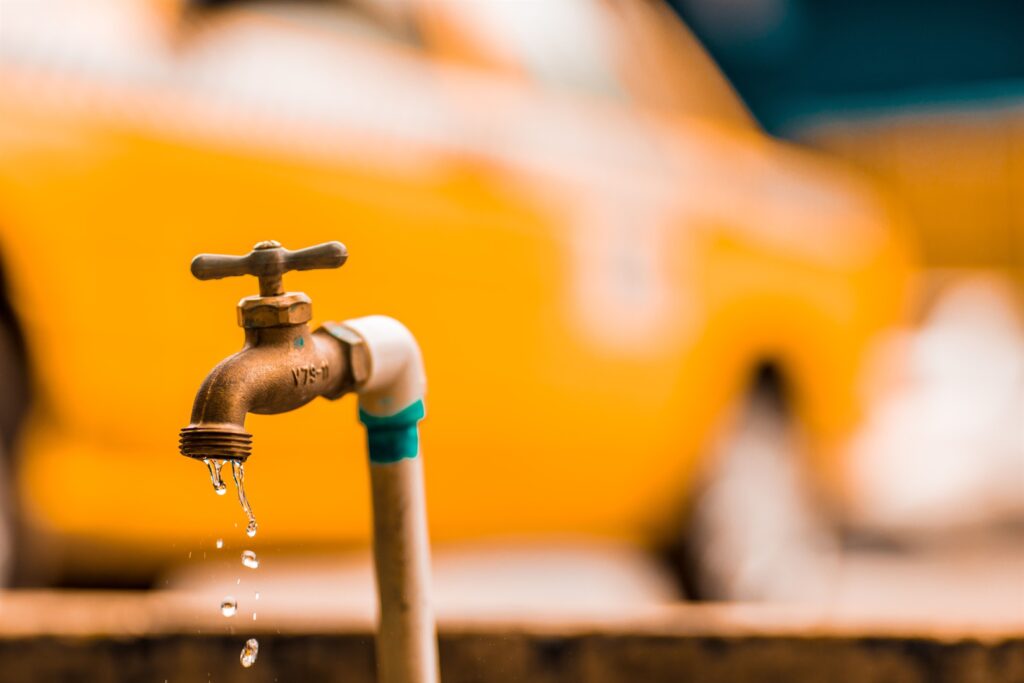
1. Inspecting and Maintaining Outdoor Faucets and Sprinklers
Outdoor faucets and sprinklers need summer care. These fixtures are essential for various summer activities such as garden watering, pool filling, and cooling outdoor spaces. However, they often get overlooked in regular maintenance routines, leading to inefficiency and potential damage. Inspecting and maintaining these outdoor fixtures is crucial to ensure they function properly and efficiently throughout the summer months.
Start with a visual inspection of outdoor faucets
Look closely for any visible signs of damage, such as cracks, rust, or leaks. Turn on the faucet and observe the water flow. If you notice low water pressure or an irregular flow, there might be an issue with the pipes or the faucet itself. Addressing these problems early can prevent more significant issues down the line and ensure that your outdoor faucets are ready for increased summer usage.
Leaking faucets waste water and money
Even a small drip can lead to significant water waste over time, which not only increases your water bill but also puts unnecessary strain on your plumbing system. Fixing leaks promptly is essential. This might involve tightening connections or replacing worn-out washers. If leaks persist, it may be necessary to replace the entire faucet. Taking these actions promptly can save a considerable amount of water and money.
Sprinkler systems require thorough checks and maintenance
Inspect each sprinkler head for clogs and ensure that they spray water evenly. Clogged or malfunctioning sprinkler heads can lead to uneven watering, resulting in water waste and potential damage to your lawn and plants. Regularly cleaning or replacing these heads can restore proper function and maintain an efficient irrigation system.
Adjust sprinkler settings for optimal watering
During the hot summer months, your garden will need more water, but it is important not to over-water. Adjusting the timers and settings on your sprinkler system ensures that your lawn and plants receive the right amount of water. Watering early in the morning or late in the evening reduces evaporation, making the most of your water usage.
Upgrading to water-efficient fixtures can make a big difference
Modern outdoor faucets and sprinkler systems are designed to use water more efficiently. Installing low-flow faucets and smart sprinkler controllers can significantly reduce your water usage. These upgrades not only conserve water but also lower your utility bills, making them a worthwhile investment.
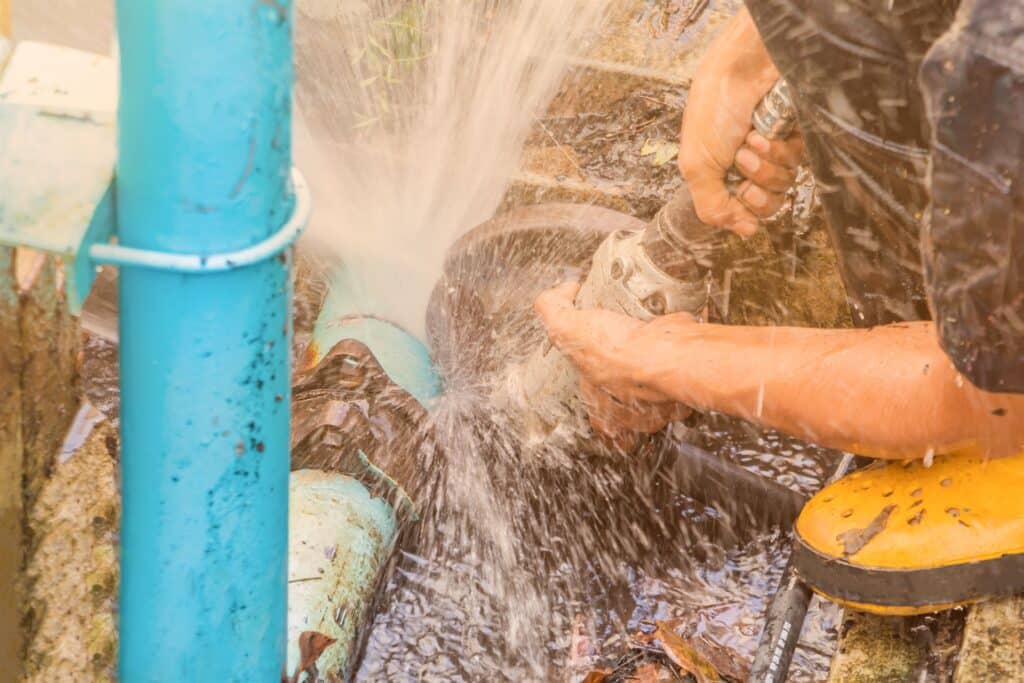
2. Preventing and Addressing Pipe Bursts Due to Heat
As temperatures rise during the hot summer months, the extreme heat can lead to the expansion and contraction of your pipes. This can weaken the pipes, especially if they are old or made from materials that are not resistant to heat. When the pipes become weak, they are more prone to bursting. Preventing and addressing pipe bursts due to heat is crucial to avoid costly repairs and water damage.
Start with a thorough inspection
Regularly inspecting your plumbing system, particularly before the peak of summer, can help identify any weak points or potential problems. Look for signs of wear and tear, such as cracks, corrosion, or leaks. Pay special attention to exposed pipes and those located in unconditioned spaces, like attics, basements, or garages, as they are more susceptible to temperature fluctuations.
Insulate your pipes for protection
One of the most effective ways to prevent pipe bursts due to heat is to insulate your pipes. Insulation helps regulate the temperature of the pipes, preventing them from expanding and contracting too much. Use pipe insulation materials such as foam or fibreglass sleeves, which are readily available at hardware stores. Insulating your pipes not only prevents bursts but also improves the efficiency of your plumbing system by reducing heat loss.
Keep your home cool to protect your plumbing
Maintaining a cooler indoor environment can help reduce the strain on your plumbing system. Use air conditioning to keep your home at a comfortable temperature and consider using fans to improve air circulation. By keeping the indoor temperature stable, you can minimize the risk of your pipes being affected by the heat.
Fix leaks promptly to prevent bursts
Small leaks can weaken pipes over time, making them more susceptible to bursting when exposed to high temperatures. If you notice any leaks, no matter how minor, address them immediately. Tighten loose connections, replace worn-out washers, or call a professional plumber if the problem persists. Promptly fixing leaks can prevent more significant issues and ensure your plumbing system remains in good condition.
Monitor water pressure to avoid pipe damage
High water pressure can stress your pipes, increasing the risk of bursts, especially during hot weather. Install a pressure regulator to keep the water pressure at a safe level. Regularly check the pressure gauge and adjust the regulator as needed. Keeping the water pressure within a safe range helps protect your pipes and prolongs their lifespan.
Prepare for emergencies with a plan
Despite taking preventive measures, pipe bursts can still occur. Having a plan in place for emergencies can help you respond quickly and minimize damage. Know the location of your main water shut-off valve and ensure all household members are familiar with it. In the event of a burst pipe, shutting off the water supply immediately can prevent extensive water damage.
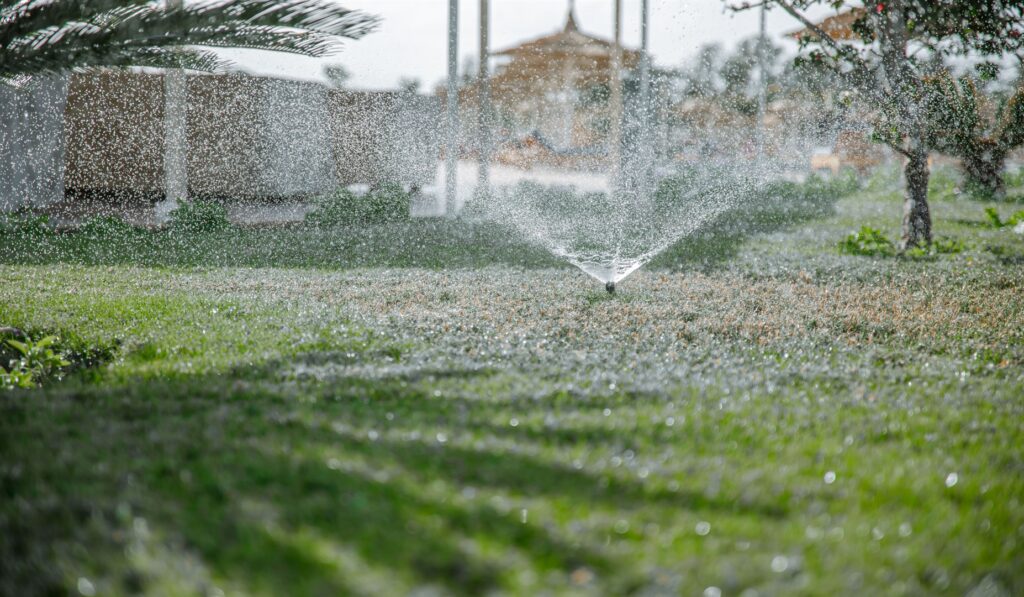
3. Managing Increased Water Usage
Summer brings increased water usage. With the arrival of hot summer months, water usage typically spikes due to activities like watering the garden, filling swimming pools, and increased indoor water use. Managing this increased water usage is essential to prevent strain on your plumbing system and ensure efficient water use. Implementing strategies to manage and conserve water can help keep your plumbing system in good condition and lower your water bills.
Start with an audit of your water usage
Conducting a water audit can help you identify areas where water is being used excessively or inefficiently. Monitor your water bills and usage patterns to pinpoint any sudden increases or unusual usage. This information can help you develop a plan to manage and reduce water usage effectively. Understanding how and where you use water is the first step in managing it efficiently.
Install water-saving fixtures to reduce consumption
Upgrading to water-efficient fixtures can significantly reduce your water usage. Consider installing low-flow shower-heads, faucets, and toilets. These fixtures are designed to use less water without compromising performance. Additionally, modern appliances like dishwashers and washing machines are more water-efficient than older models. Investing in these upgrades can lead to substantial water savings.
Fix leaks promptly to conserve water
Leaks can waste a significant amount of water and increase your water bills. Regularly inspect your plumbing system for leaks, including faucets, toilets, and outdoor hoses. Fix any leaks promptly, no matter how small. Simple repairs, such as tightening connections or replacing washers, can prevent water waste and reduce strain on your plumbing system.
Use smart irrigation systems for outdoor watering
Smart irrigation systems can help you manage your garden watering more efficiently. These systems use sensors and timers to water your garden only when needed, based on soil moisture levels and weather conditions. This prevents overwatering and reduces water waste. Additionally, watering your garden early in the morning or late in the evening minimizes evaporation, making the most of the water you use.
Collect rainwater for garden use
Installing a rainwater collection system is an excellent way to conserve water. Collect rainwater from your roof and use it to water your garden or lawn. Rain barrels are easy to install and provide a sustainable source of water for outdoor use. This reduces your reliance on municipal water for gardening and helps conserve this precious resource.
Educate your household on water conservation
Promoting water-saving habits within your household can make a significant difference. Encourage family members to take shorter showers, turn off the tap while brushing their teeth, and run dishwashers and washing machines only when they are full. Simple changes in daily habits can collectively lead to substantial water savings.
Monitor water usage with smart meters
Smart water meters can provide real-time data on your water usage, helping you identify patterns and potential issues. These meters can alert you to leaks or unusually high usage, allowing you to take prompt action. Monitoring your water usage closely enables you to make informed decisions about water management and conservation.
Plan for peak usage times to avoid strain
During peak usage times, such as weekends or holidays, your plumbing system may experience higher demand. Plan your water usage to avoid overloading the system. For example, stagger the use of water-intensive appliances like dishwashers and washing machines throughout the day. This prevents sudden spikes in water demand and reduces the risk of plumbing issues.
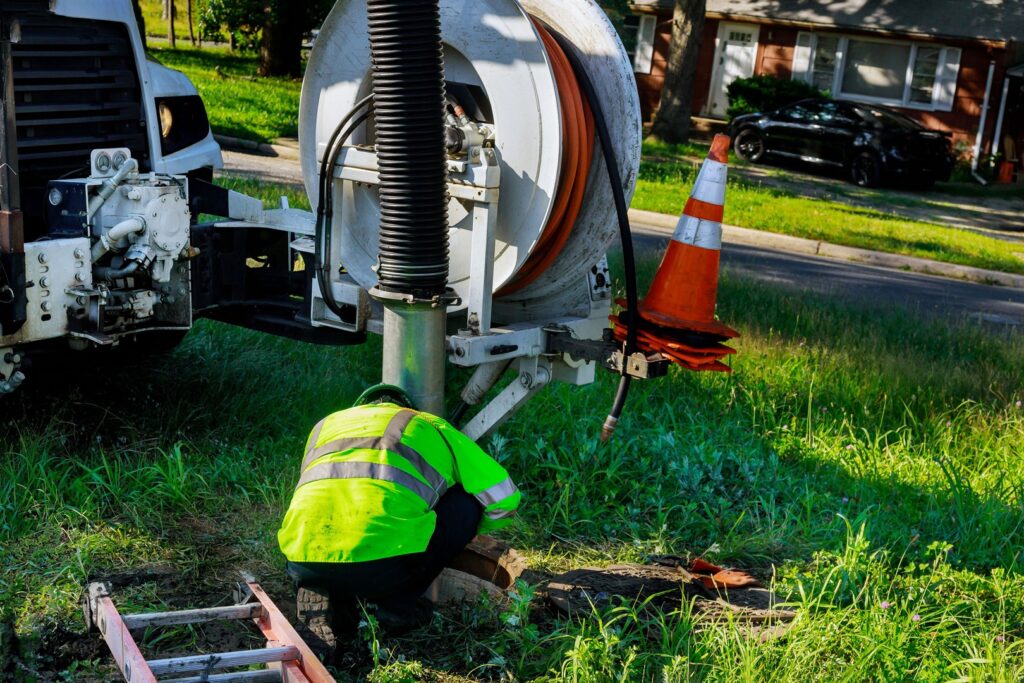
4. Handling Sewer Line Issues and Backups
During the hot summer months, the ground around your home can shift due to the extreme heat and dryness, leading to potential sewer line problems. When the ground shifts, it can cause sewer lines to crack or become misaligned, leading to blockages and backups. Managing these issues promptly can prevent severe damage and ensure your plumbing system functions smoothly.
Identify the early signs of sewer line problems
It is crucial to be aware of the early signs of sewer line issues to address them before they escalate. Common indicators include slow-draining sinks and tubs, gurgling sounds from drains, unpleasant odours around your home, and water backups in toilets or floor drains. If you notice any of these signs, it is essential to take action immediately to prevent more severe problems.
Regular inspections are key
Scheduling regular inspections of your sewer lines, especially before and during the summer months, can help detect potential issues early. A professional plumber can use advanced tools such as sewer cameras to inspect the interior of the sewer lines. This allows for a thorough examination and identification of cracks, blockages, or root intrusions that could cause problems.
Preventive maintenance helps
Preventive maintenance can go a long way in avoiding sewer line issues. One effective measure is to have your sewer lines cleaned periodically. Hydro-jetting, which uses high-pressure water to clean the interior of the pipes, is an excellent method for removing debris and buildup. Additionally, our winning combination: Flexshaft, Chain-Knocker, Hydro-Jetter, and Drain Camera, will definitely go beyond the ordinary.
Proper waste disposal is crucial
Educating your household on proper waste disposal can help prevent sewer line blockages. Avoid flushing items like wipes, feminine hygiene products, or paper towels down the toilet. These items do not break down easily and can cause clogs. Additionally, be mindful of what goes down your kitchen sink; avoid pouring grease, oil, or coffee grounds down the drain, as these can solidify and create blockages.
Plan for emergencies
Despite taking preventive measures, sewer line emergencies can still occur. Having a plan in place for emergencies can help you respond quickly and minimize damage. Ensure everyone in your household knows the location of the main sewer clean-out and how to access it. In the event of a severe backup, shutting off the water supply and contacting a plumber immediately can prevent extensive damage.
Consider a sewer line replacement
In some cases, older sewer lines may be too damaged to repair effectively. If you have frequent sewer line issues, it may be time to consider a replacement. Modern materials such as PVC or ABS pipes are more durable and resistant to damage. Replacing outdated sewer lines with these materials can provide long-term peace of mind and reduce the risk of future problems.
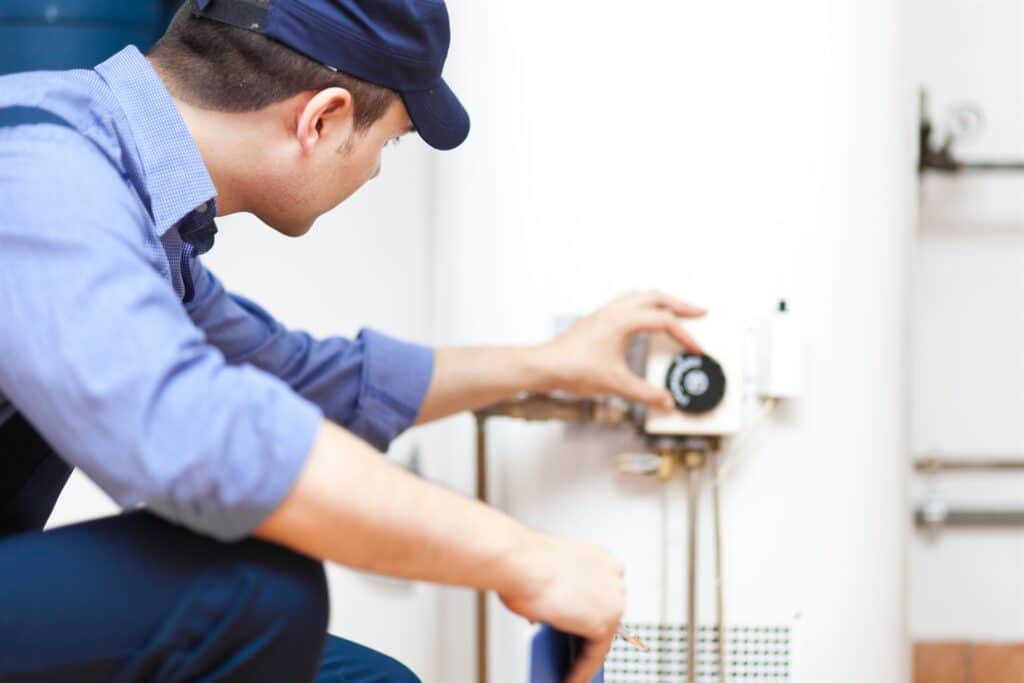
5. Maintaining Your Water Heater
Although it might seem like water heaters are less critical during the hot summer months, they actually work harder due to increased demand. With activities like more frequent showers, filling swimming pools, and washing beach towels, your water heater is under constant use. Proper maintenance is crucial to ensure it operates efficiently and meets your household’s hot water needs.
Regularly check the temperature setting
One simple yet effective maintenance task is to regularly check the temperature setting on your water heater. During the summer, you might not need water as hot as in the colder months. Lowering the temperature setting can reduce energy consumption and prevent scalding. The recommended setting is typically around 120 degrees Fahrenheit for optimal efficiency and safety.
Flush the tank to remove sediment
Over time, sediment and mineral buildup can accumulate at the bottom of your water heater tank. This can reduce the efficiency of the unit and cause it to work harder to heat the water. Flushing the tank at least once a year can remove this buildup. To do this, turn off the power supply or gas, connect a hose to the drain valve, and let the water flow out until it runs clear. This simple step can prolong the life of your water heater and improve its performance.
Inspect the anode rod for corrosion
The anode rod is a crucial component of your water heater that helps prevent rust and corrosion inside the tank. Regularly inspecting and replacing the anode rod when necessary can significantly extend the lifespan of your water heater. If the rod is more than 50% corroded, it is time to replace it. This is a relatively inexpensive maintenance task that can save you from costly repairs or replacements down the line.
Check for leaks and drips
Regularly inspect your water heater for any signs of leaks or drips. Check around the base of the unit, the pressure relief valve, and all the connections. Even small leaks can lead to significant water damage and energy waste. If you notice any leaks, tighten the connections or replace faulty parts. If the problem persists, it is best to call a professional plumber to assess and repair the issue.
Insulate the water heater and pipes
Insulating your water heater and the surrounding pipes can improve efficiency by reducing heat loss. This is particularly beneficial during the summer months when the ambient temperature is higher. Use a water heater insulation blanket to cover the tank, and wrap the pipes with foam insulation. This can help maintain the desired water temperature and reduce energy consumption.
Test the pressure relief valve
The pressure relief valve is an essential safety feature of your water heater. It prevents excessive pressure buildup inside the tank, which could lead to explosions. Regularly test the valve to ensure it is functioning correctly. To do this, lift the valve lever and allow some water to discharge. If the valve does not release water or if it leaks afterward, it may need to be replaced.
Plan for replacement if needed
Water heaters typically last between 8 to 12 years. If your unit is nearing the end of its lifespan or requires frequent repairs, it may be time to consider a replacement. Upgrading to a newer, more energy-efficient model can provide better performance and reduce energy costs. Tankless water heaters, for example, offer on-demand hot water and can be a great option for many households.
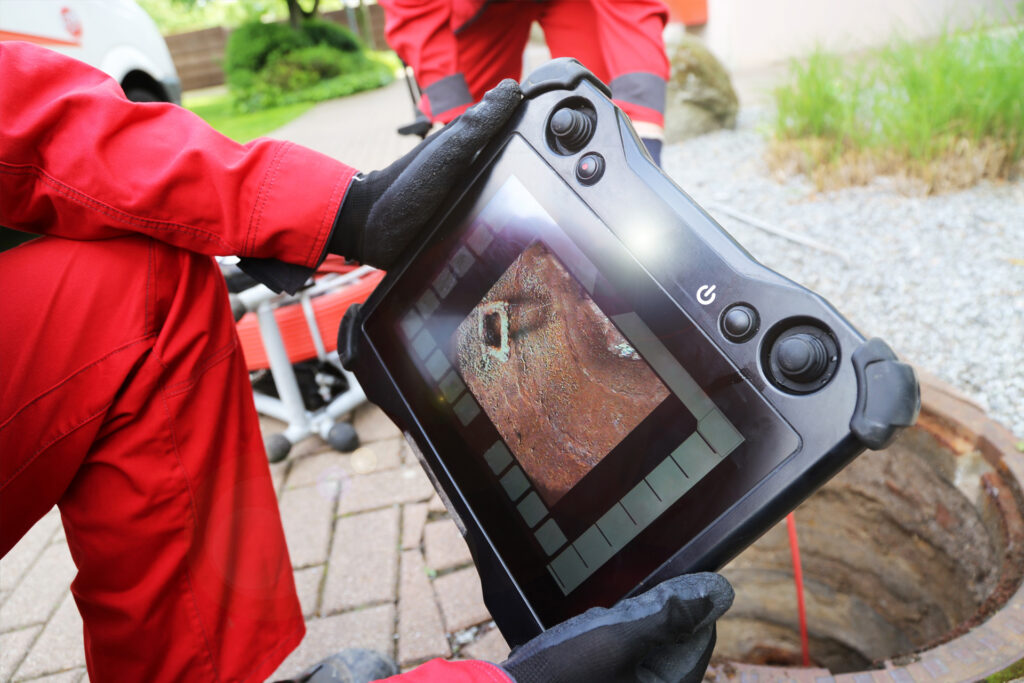
6. Preventing Clogged Drains
Clogged drains can be a headache. During the hot summer months, you might notice that your drains are clogging more often. This is because more outdoor activities lead to more dirt, sand, and debris entering your plumbing system. To avoid the inconvenience of clogged drains, it is essential to take preventive measures.
Regularly clean your drains
One of the simplest ways to prevent clogs is to regularly clean your drains. You can use a mixture of baking soda and vinegar to clear minor blockages and freshen up the pipes. Pour a cup of baking soda followed by a cup of vinegar down the drain. Let it sit for 15 minutes, then flush with hot water. Doing this monthly can help keep your drains clear and odour-free.
Use drain guards
Drain guards are inexpensive yet effective tools for preventing clogs. These small, mesh screens fit over your drains and catch hair, food particles, and other debris before they can enter the pipes. By using drain guards in your kitchen and bathroom sinks, showers, and tubs, you can significantly reduce the risk of clogs. Remember to clean the guards regularly to ensure they remain effective.
Be mindful of what goes down the drain
Many clogs are caused by items that should not be disposed of through the plumbing system. In the kitchen, avoid pouring grease, oil, or coffee grounds down the sink. These substances can solidify and create stubborn blockages. Instead, dispose of them in the trash. In the bathroom, avoid flushing wipes, cotton balls, or feminine hygiene products, as they do not break down easily and can cause clogs.
Flush your drains with hot water
Flushing your drains with hot water can help prevent clogs. Once a week, run hot water down your kitchen and bathroom drains for a few minutes. The hot water helps dissolve any grease or soap scum buildup, making it less likely for clogs to form. This simple practice can go a long way in maintaining clear drains.
Watch for warning signs
Be on the lookout for early signs of a potential clog. If you notice that water is draining slowly, there are gurgling sounds coming from the pipes, or there are unpleasant odours near your drains, it is time to take action. Addressing these issues early can prevent a complete blockage and save you from a plumbing emergency.
Consider professional drain cleaning
Sometimes, despite your best efforts, clogs can still occur. If you are dealing with persistent clogs or slow drains, it might be time to call a professional plumber. Plumbers have the tools and expertise to thoroughly clean your drains and remove any blockages. Regular professional drain cleaning can also be a preventive measure to keep your plumbing system in top shape.
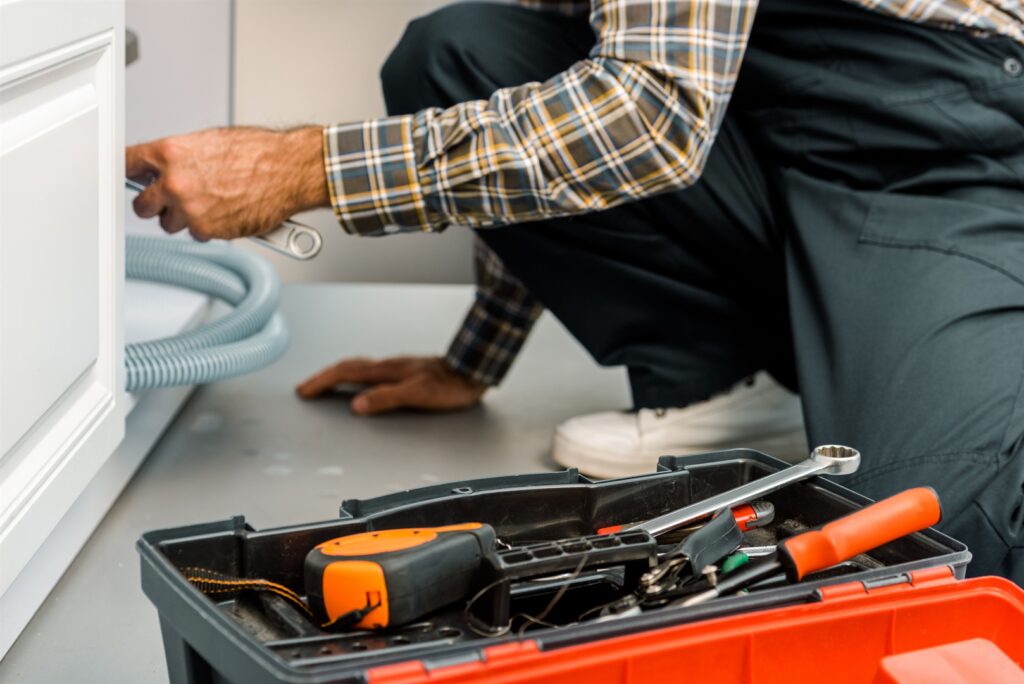
7. When to Call a Professional Plumber
Knowing when to call a professional plumber is essential. During the hot summer months, plumbing issues can arise that are beyond your DIY capabilities. Recognizing the signs that you need professional help can save you time, money, and prevent further damage to your home.
Persistent clogs and slow drains
If you have tried all the usual methods to clear a clog, but your drains are still slow or backed up, it is time to call a professional. Persistent clogs can indicate a deeper issue within your plumbing system, such as a blockage in the main sewer line. A professional plumber has the tools and expertise to diagnose and fix the problem effectively.
Frequent water leaks
Water leaks can cause significant damage to your home if not addressed promptly. If you notice water stains on your ceilings or walls, damp spots on your floors, or an unexplained increase in your water bill, you may have a hidden leak. Professional plumbers can locate and repair leaks, preventing further damage and reducing your water consumption.
Low water pressure
Low water pressure can be a sign of several issues, including pipe corrosion, leaks, or a problem with the main water supply. If you experience a sudden drop in water pressure, it is best to call a plumber. They can identify the cause and restore your water pressure to normal levels.
Strange noises in your plumbing
If you hear banging, gurgling, or hissing noises coming from your pipes, it could indicate a problem. These sounds can be caused by air in the pipes, a blockage, or water pressure issues. A professional plumber can determine the cause of the noise and fix it before it leads to more significant problems.
Water heater issues
Your water heater works hard during the summer months, and any issues with it can disrupt your daily routine. If you notice that your water is not as hot as it should be, there are strange noises coming from the unit, or there is water pooling around the base, it is time to call a professional. Plumbers can perform necessary repairs or recommend a replacement if your water heater is beyond repair.
Sewer line problems
Sewer line issues can be messy and unpleasant. If you experience frequent backups, foul odours, or multiple slow drains in your home, you may have a problem with your sewer line. Professional plumbers can use specialized equipment, such as sewer cameras, to inspect and repair your sewer line, ensuring your plumbing system operates smoothly.
Installation of new fixtures or appliances
Installing new plumbing fixtures or appliances, such as sinks, toilets, or dishwashers, can be complicated. Incorrect installation can lead to leaks, water damage, and inefficient operation. Hiring a professional plumber ensures that your new fixtures and appliances are installed correctly and function properly.
Emergency situations
Some plumbing issues require immediate attention. Burst pipes, severe leaks, and major backups can cause extensive damage if not addressed quickly. In these emergency situations, it is crucial to call a professional plumber who can provide prompt and effective solutions.
Regular maintenance and inspections
Regular maintenance and inspections by a professional plumber can help prevent major issues before they occur. Scheduling annual or bi-annual inspections can identify potential problems early and keep your plumbing system in top condition. Professional plumbers can also provide valuable advice on maintaining your plumbing and avoiding common issues.
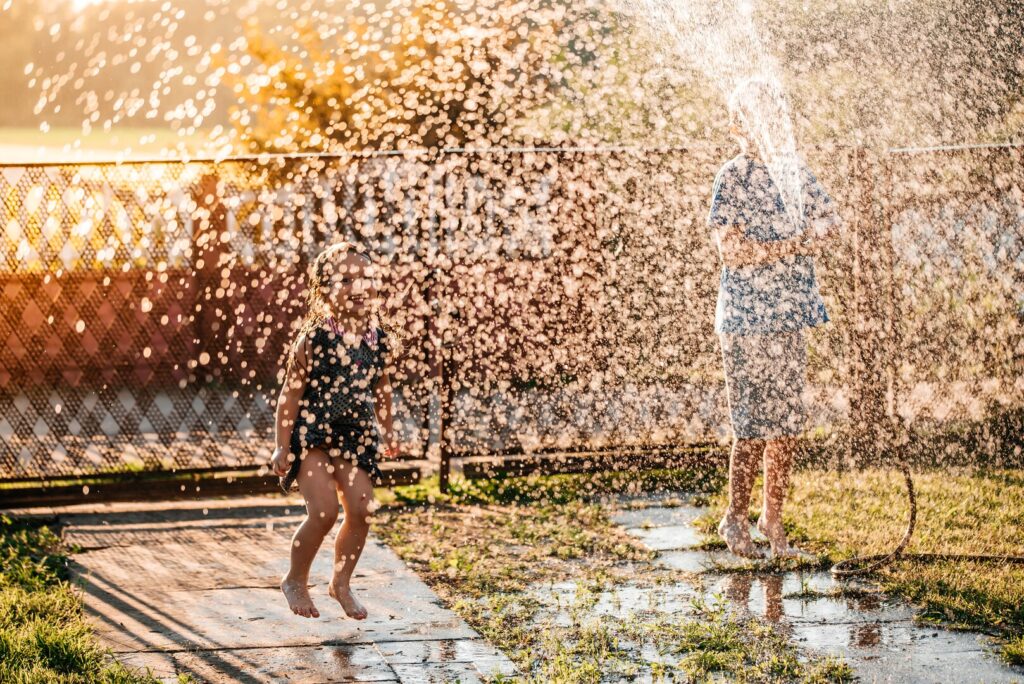
Conclusion
Proper plumbing maintenance is crucial during hot summer months. The heat can exacerbate plumbing issues, leading to clogs, leaks, and other problems.
Summer plumbing maintenance is essential for preventing damage and saving money. By taking proactive measures and seeking professional help when needed, you can enjoy a trouble-free summer with a reliable plumbing system. Remember, investing in maintenance now can prevent costly repairs and emergencies later. Keep your home safe and your plumbing in top shape this summer.



